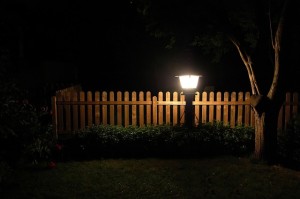 We don’t like to go there, even in the realm of the hypothetical. But would you sit with me for a while in this brave, sacred space?
We don’t like to go there, even in the realm of the hypothetical. But would you sit with me for a while in this brave, sacred space?
What’s your very worst day?
Maybe it’s already happened . . . a day permanently earmarked on the calendar of your heart. Every day of your life is now divided into before and after.
Or maybe it’s a day looming in the future . . . the day when the thing you dread most becomes reality.
On a week like this one, two thousand years ago, Jesus faced the worst possible 24 hours a human being could ever face.
He was stabbed in the back by someone close to him.
One of his best friends saved his own skin instead of sticking up for him.
Then, in his darkest hour, the rest of his friends deserted him.
His body was ravaged, and he was left to die.
He was rejected, despised, forsaken, betrayed. And utterly alone.
On that Holy Thursday, as he ate supper with his followers, he knew all of this lay ahead of him. He could see ahead to the horror of his very worst day. Yet as he headed to the Garden with his friends, he sang a hymn with them (Mark 14:26). It’s such a small line in the narrative, it’s easy to miss.
In the midst of all that had happened and all that was to come, he sang.
According to Jewish tradition, the Hallel was chanted during Passover, a collection of songs taken from Psalms 113-118. This means it’s likely that some of the last words on Jesus’ lips before he was arrested included these lines:
This is the Lord’s doing,
and it is wonderful to see.
This is the day the Lord has made.
We will rejoice and be glad in it.
—Psalm 118:23-24
As we sit with Jesus the Garden, it’s hard to escape the dichotomy. How could he find a way to praise amid the pain? How could he see the wonder in the anguish? How could he rejoice amid the drops of blood? How could he cling to the belief that on his very worst day, the Lord was doing something wonderful—something not just to endure but to be glad in?
And I wonder: Could I have sung that hymn on my very worst day? Or would I have choked on the words?
But Jesus sang, and that changes everything. Jesus’ worst day became the best day of all. And now we call it, without irony, Good Friday.
May the same be true for us. On our worst day, may we be found in the Garden singing, “This is the day the Lord has made. We will rejoice and be glad in it.”
